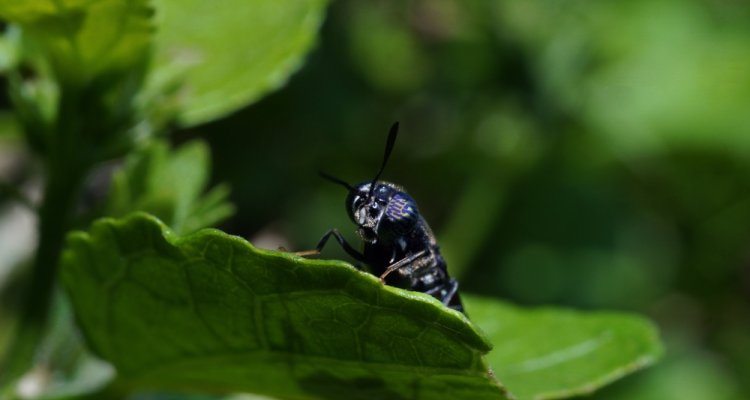
PhD defence
Behaviour of black soldier fly larvae and adults: effects of conspecific-associated cues, feed substrate composition and fungal pathogen infection
Summary
The black soldier fly (Hermetia illucens; BSF) is increasingly used as an alternative protein source, but the behaviour and welfare of this fly remain to be investigated. Different rearing conditions, such as moisture levels, feed availability, nutrient levels of the diet and presence of pathogens can affect BSF behaviour in different life stages. Larvae prefer environments where other larvae were present, likely due to chemical cues. When infected with a fungus, larvae reduce their usual grouping behaviour, possibly to avoid spreading of the fungus. Diet composition in the larval and adult stage can influence mating behaviour of the flies, such as the copulation duration. These findings provide improved understanding BSF behaviour, which is crucial for safeguarding their welfare in mass rearing.